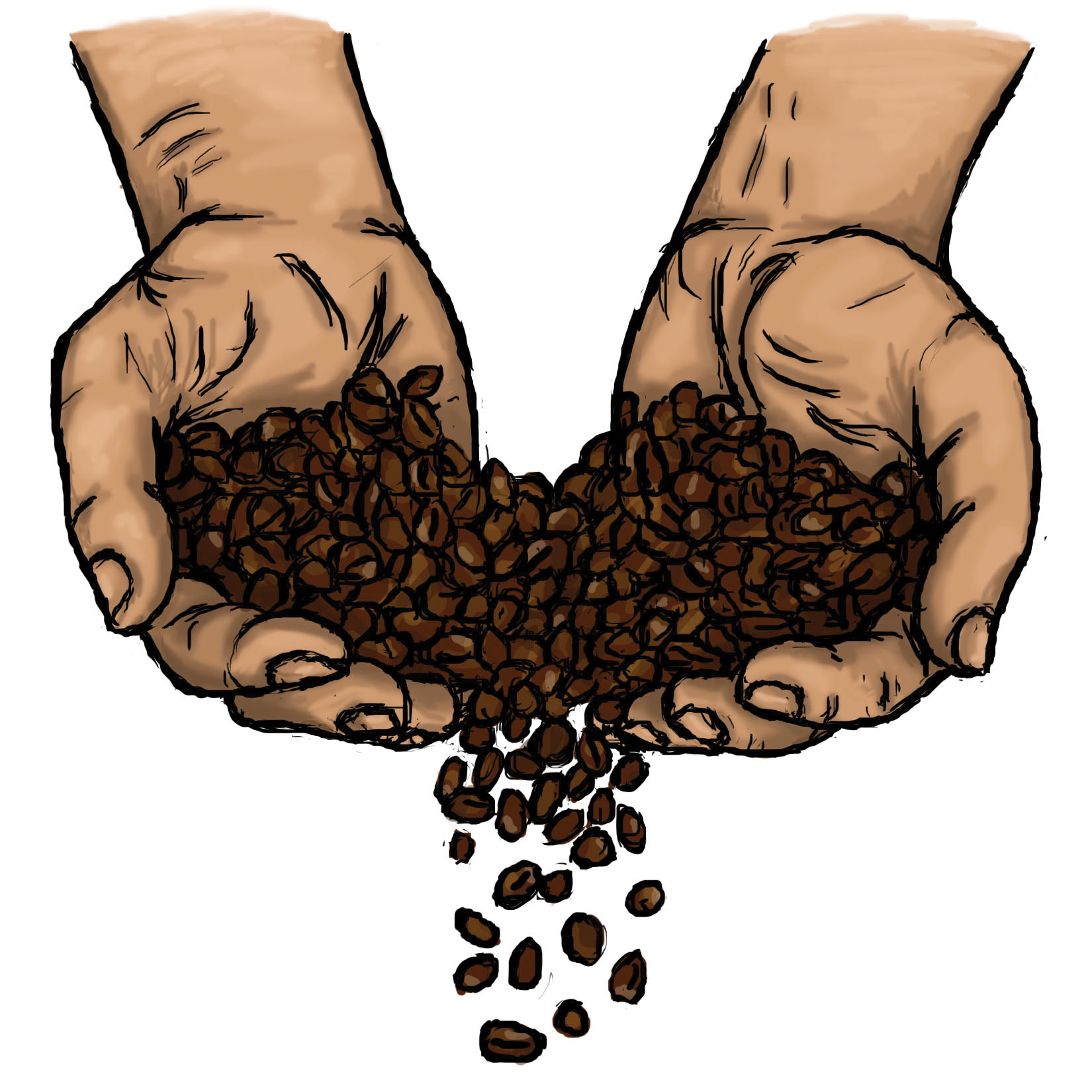Beginning on Halloween, the Manitoba Council for International Cooperation (MCIC) is proposing a challenge: purchase fair trade coffee, tea, and chocolate as much as you can for the entire month. The Fair Trade Challenge runs from Oct. 31 to Nov. 29.
The annual month-long challenge has been held for the last seven years. This year, four additional challenges are being offered. Individuals can take part in the office challenge, baker’s challenge, school challenge, and the holiday challenge.
Bakers taking part in the challenge have the opportunity to try new products – such as fair trade cocoa, sugar, and dried fruit.
Larissa Kanhai, fair trade outreach officer at MCIC, mentioned that some individuals are already making a strong effort to purchase and use fair trade products.
“This is just kind of a fun thing to let them get to feature that for a month and be celebrated for it,” she said.
Fair trade encompasses a wide range of values, including gender equity, workplace safety, and the exclusion of child labour practices.
“Fair trade is as it sounds,” said Kanhai. “It’s the idea of bringing global equity to the work set that people are already doing. It is an alternative to conventional trade standards where producers may not be earning a fair wage for the work that they’re doing.”
Local business Green Bean Coffee Imports is well on its way to promoting fair trade in Winnipeg.
The business, owned and founded by Derryl Reid, has been established for six years. The Manitoban spoke with Reid about his business and the importance of fair trade.
“We’re not a big company. It consists of myself and my daughter,” said Reid. The company is a direct-trade company – different from fair trade in the sense that Reid has a direct relationship with the farmers in Bolivia.
Reid tries to visit the co-operative once a year. The beans his company uses are sourced right from Bolivia and roasted at a roasterie just north of Winnipeg.
“When we started the company we wanted to be more than a just-for-profit entity. We wanted to be a local company. We wanted to make a little bit of a difference any way we could,” Reid added.
According to Kanhai, fair trade products can be up to 10 per cent more expensive than non fair trade products. The reason for the increase is that businesses and producers are asking for the market value.
However, Kanhai noted that, “more and more as fair trade is becoming more popular, for certain products it’s actually quite comparable to the other products that you may be purchasing anyways.”
Reid stressed that the 10 per cent cost increase makes a significant difference.
“We really need to be aware of the impact of that 10 per cent; what it has on these economies and these farmers – it has such a huge impact,” he said. “I think it’s really important [ . . . ] for people to understand what the issues are, and what fair trade really means to farmers in the third world.”
Asked of his favourite part of the job, Reid laughed: “Aside from drinking great coffee every morning?”
He also enjoys being part of the fair trade movement, how much the movement is growing and changing, and working with the farmers in Bolivia.
Degrees Restaurant on campus is a proud supporter of Green Bean Coffee Imports, selling the company’s coffee in the restaurant. Thomas Blumer, food and beverage manager of Degrees, felt that the choice to sell fair trade products is a personal decision.
“It’s just having integrity and wanting to do the right thing,” said Blumer. Since the business is owned by UMSU, Degrees has a mandate to price the products to break even as opposed to making high profits.
“The daily choices that you make everyday, they can make a difference. It’s called purchasing power,” said Kanhai.



